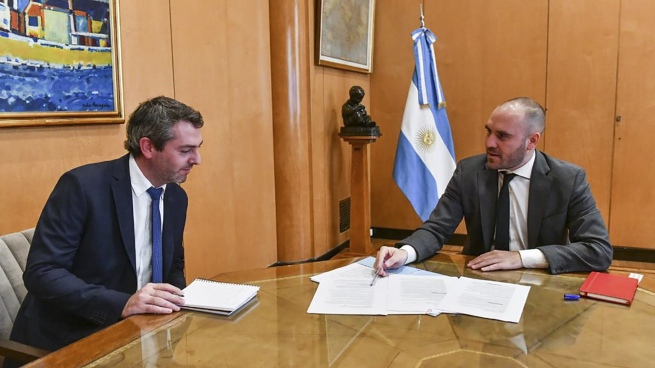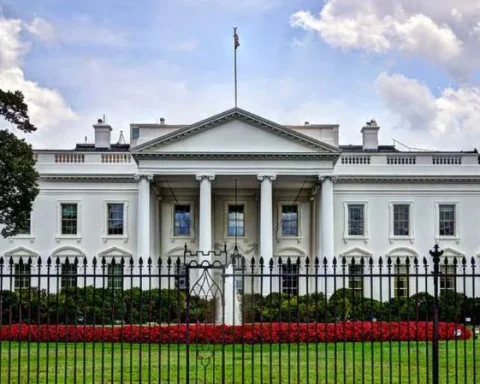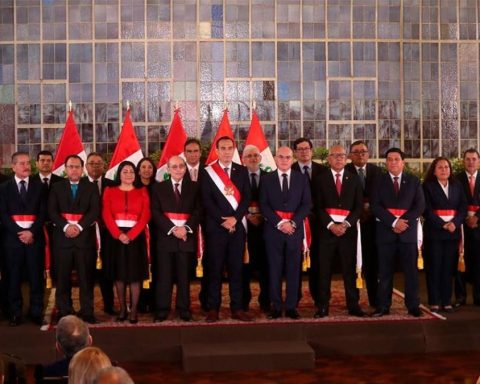The Secretary of Domestic Trade, Roberto Feletti, presented his “indeclinable” resignation from the position on Monday and will be replaced by the current director of the Central Bank, Guillermo Hang, confirmed official sources.
Hang, with a long career in public service, worked in different areas of the Ministry of Economy between 2008 and 2015 and since the beginning of the current government’s term, he has been a member of the Central Bank’s board of directors.l.
Hang’s appointment was made known after Feletti announced his resignation as head of the Secretary of Domestic Trade.
“The most reasonable and professional attitude on my part is to make it easier for Minister Martín Guzmán to have the freedom to select officials who share the defined course and the set program”Feletti stressed in a letter he posted on his Twitter account.
I have tendered my resignation from the position of Secretary of Internal Commerce. I thank the President @alferdez for the trust, and to the ministers Matías Kulfas and Martín Guzmán for their always professional and respectful treatment.
I leave you the letter on which I base the decision made. pic.twitter.com/Ehl0Oh4QfI
— Roberto Feletti (@RobertoFeletti) May 23, 2022
The letter with the “indeclinable” resignation was sent to President Alberto Fernández.
In that note, he recalled that he took office on October 12, replacing Paula Español.
Feletti stressed that the transfer of the Secretary of Commerce from the Ministry of Productive Development, which Marías Kulfas directs, to the Economy portfolio, decided last week, “opens a new stage, in which the latter will take charge of the economic policy in an integral manner, incorporating into its orbit the price policy and other missions and functions pertaining to the Secretariat that I headed up to now”.
“In that sense, I consider that the most reasonable and professional attitude on my part is to make it easier for Minister Martin Guzmán to have the freedom to select officials who share the defined course and the set program,” said the outgoing official.

In your letter, Feletti said that his career in public office “has been marked by coherence and conviction around the policies that I have applied and defended from the different places that I had the responsibility of administering.”
“I have never prioritized the exercise of a position or my personal interest over political convictions, and this will not be the exception,” he added.
Official sources indicated that Feletti anticipated his resignation based on the arguments indicated in his letter.
“The President decided on changes and he preferred to leave the minister’s hands free to define teams and policies,” the sources said.
Last Friday, the Ministries of Economy and Productive Development communicated a reorganization of functions in order to strengthen actions linked to the reactivation of production and to addressing the inflation problem.
The reorganization contemplates the transfer of the Internal Trade Secretariat to the Ministry of Economy, among other issues.
In your letter of resignation, Feletti took stock of his management and highlighted “the consolidation of the +Precios Care program, which currently has twice as many products as it had” when he took office, “the strengthening of the Cortes Care program throughout the country; the incorporation of a offer of fruits and vegetables to the existing baskets; the renewal of Now 12“.
also weighted the start-up of the Argentine Wheat Stabilizer Fund, the private trust for flour and dry noodles in gondola, and the updating of the private trust for sunflower oil and blended oil, among other measures.
“However, these regulatory tools, which were pertinent and necessary until the end of February, became insufficient after the start of the war in Ukraine and the consequent impact on the international price of food,” said the outgoing official.
“The current situation requires the development of new instruments, mainly in relation to the need to decouple the price of food worldwide from what we Argentines pay. It is also urgent to implement greater coordination of the economic cabinet and establish a that systematically evaluates the evolution of the world crisis derived from the war, in order to adopt measures to face its adverse effects”, Feletti concluded.


















